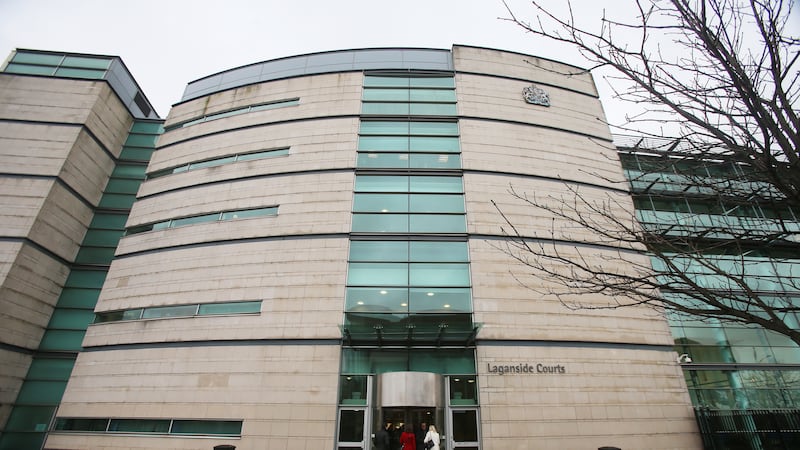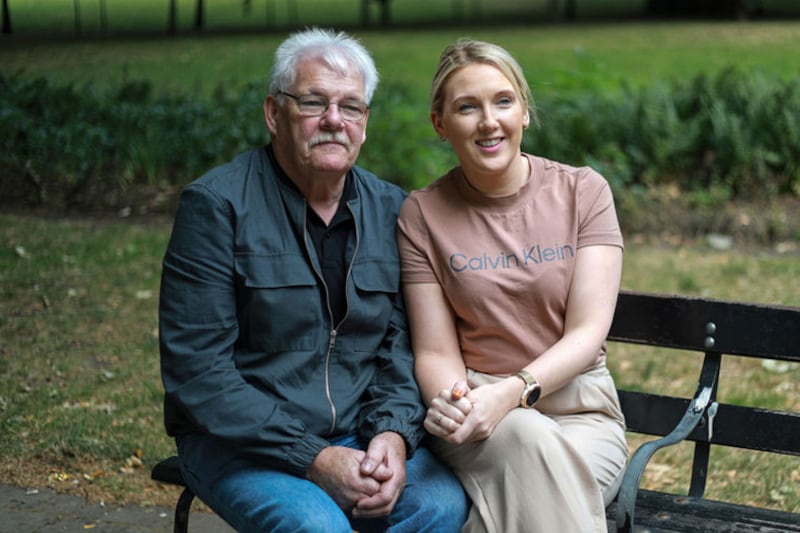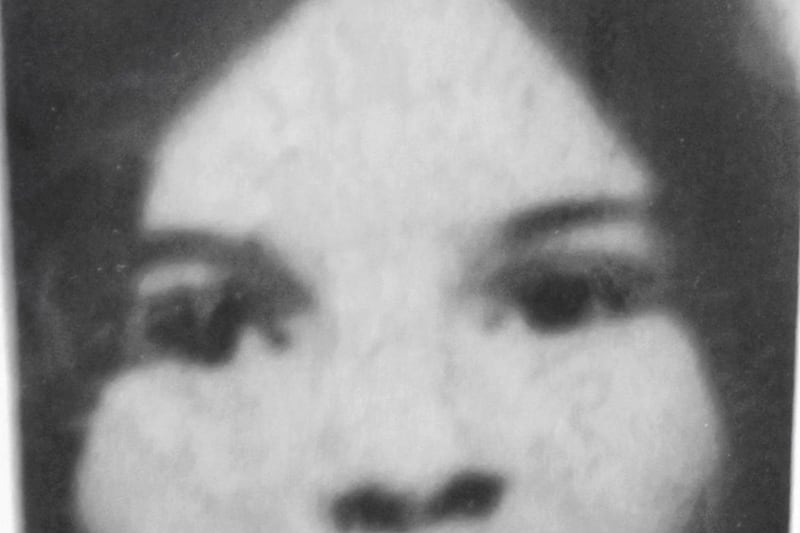THE family of a teenager killed by British soldiers 46 years ago have accused the Ministry of Defence (MoD) of trying to obstruct a new investigation into her death.
Martin McGavigan, whose sister, Annette (14) was shot dead in Derry in 1971, made the claim after the MoD attempted to withhold documents about her death already in the public domain.
Mr McGavigan said he believed the MoD was delaying the case in the hope his family would eventually give up attempts to hold a new probe.
The schoolgirl was in her school uniform when she was shot in the head on September 6 1971 while trying to collect discarded rubber bullets following a riot near her Bogside home.
The only investigation carried out into her death was by the British Military Police. None of the soldiers responsible were ever charged.
In 2014 the teenager’s family asked the MoD for documents relating to her death, including an intelligence report. When the Ministry failed to comply with their request, they complained to the Information Commissioner.
At a subsequent tribunal hearing at the High Court in Belfast it was revealed that 90 per cent of the documents were already in the public domain.
The documents which were held back by the MoD included inquest depositions taken from soldiers at the time.
In its ruling, the tribunal said it was "extraordinary" that neither the Information Commissioner or the tribunal was alerted earlier to the fact that most of the material was already in the public domain adding there "was no justification for refusing the request".
The tribunal ordered the MoD to hand over the documents.
However, it turned down the family’s request for an intelligence report after MoD lawyers refused permission for the Information Commission’s counsel to view its contents.
Sara Duddy, the McGavigan family’s case worker at the Pat Finucane Centre, said the decision made it almost impossible for the Information Commission to argue for the release of the intelligence report.
“To push families to have to battle for every piece and shred of information, that is frustrating,” Ms Duddy said.





